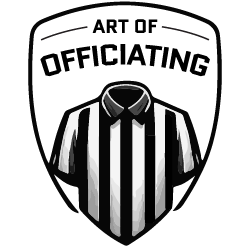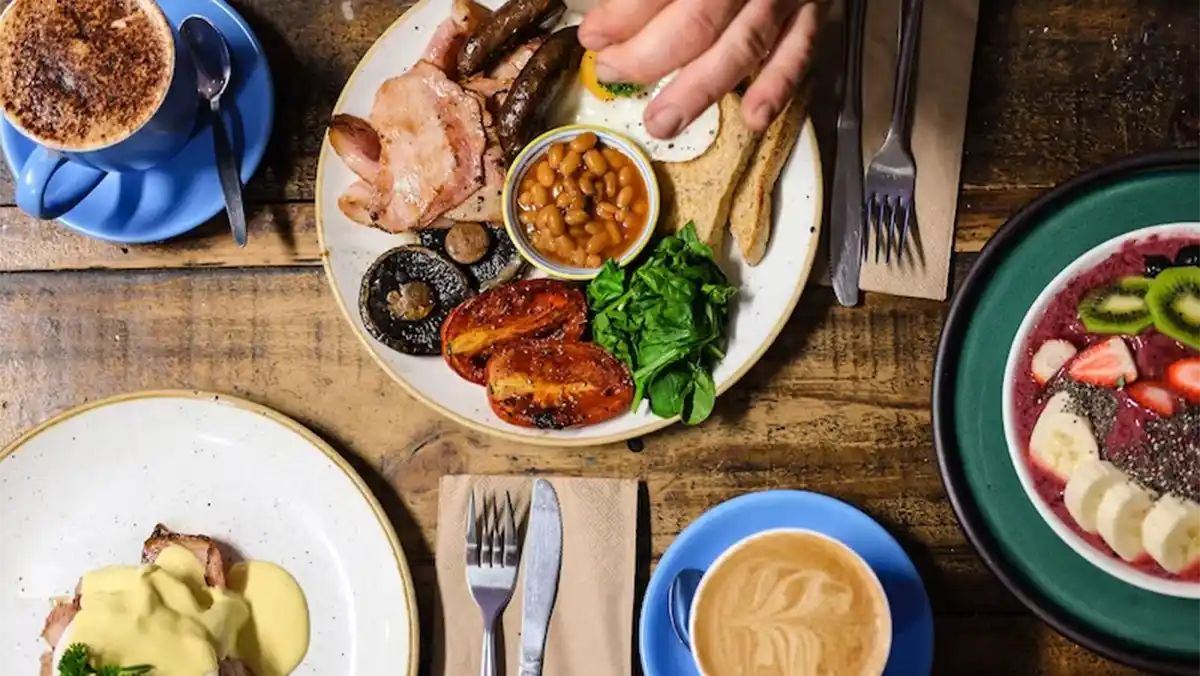One of my guilty pleasures is watching cooking shows. If I could go back in a time machine, I might consider attending culinary school and then opening a bed and breakfast. I’m not saying I’d beat Bobbly Flay, but I enjoy creating delicious meals in the kitchen. I’m currently rewatching Master Chef seasons and it occurred to me that some successful restaurant habits and precepts match what we deliver on the football field.
Have you Heard the Saying “We Eat with Our Eyes?”
Top chefs know how they plate and present their food greatly impacts a positive dining experience. Here is an intriguing study I found.
Food plating and presentation tips
Oxford psychology professor Charles Spence gave 60 people three salads, each created from the same ingredients, but presented in different ways. The first salad had the ingredients thrown in a bowl, the second had the ingredients neatly arranged, and the third was plated to resemble an artist’s painting. The diners preferred the salad that looked like the painting. Remember, the ingredients were the same; the presentation made the difference.
Just as correct plating positively impacts a diner’s experience, appealing “presentation” on the field will enhance our customers’ perception of our performance. We could hypothetically make the right call on a given play, but if we are out of position, if we appear lazy or indecisive, or if our signals are not precise, our customers may not be convinced we made the right call.
Football officiating examples of proper plating
On this website, you’ll see I consistently harp on wings pinching and spotting the ball when it is downed close to the line to gain or goal line. If the wing remains near the sideline, the spot may be correct, but the wing’s action is not proper “presentation.” Likewise, if an official is not on the goal line and then rules a runner is stopped short of a touchdown, it’s like presenting an improperly-plated meal to a restaurant customer.
Precise mechanics; strong whistles; confident voice; purposeful hustle; clear, concise, and correct communication; accurate ball movement; and a well-synchronized crew will improve our “plating.” If we look good, we’ll earn more credibility and trust.
Have you ever walked out of a restaurant immediately after entering because it was filthy or had horrible décor?
You may have thought, “I have no confidence I’ll get a good meal here. If they don’t commit themselves to updating the décor or cleaning, they probably won’t do a good job with the food.” A clean and well-decorated restaurant produces confidence the food will likewise be good. On the football field, our physical and uniform appearance, our hustle (or lack thereof), our mannerisms, and our attitude all contribute to how much confidence the coaches have in our performance.
“My pleasure!” How we treat our “customers” is essential to success.
You could get a great meal at a restaurant, but you may not return if you had to wait a long time for your food or if the server ignored you or was rude. I tell the officials on our crew I want us to emulate Chick-fil-A employees as we interact with coaches and players.
A few years ago, I was dismayed to hear a varsity coach complaining about the official who had worked his sideline the previous week. The wing official refused to speak with the head coach and ignored all attempts to communicate. The coach began our pregame conversation on the defensive a week later because of his former negative experience.
This website’s training includes a lesson on how to interact with coaches, players, and spectators, so I won’t go into a lot of detail with this section. Bottom line, we must adopt a service-first attitude when we officiate football games. A good attitude and efficient communication are “free.” We don’t need to study a rule book or mechanics manual to resolve to treat the coaches and players with respect.
However, the customer is not always right!
Good restaurants want their customers to have a positive dining experience. If something is wrong, they will try their best to appease the frustrated customer by replacing or comping the meal or providing a free dessert or beverage. However, as football officials, we can’t take a ”customer is always right” approach. Veteran officials realize many confrontations are from a coaching staff’s imperfect rules knowledge and/or a judgment disagreement. Make-up calls are inappropriate and most times we won’t appease a coach who is frustrated with our judgment. We can’t always make it right with the head coach, but we must always be polite and professional in our interactions and communicate as clearly as possible.

